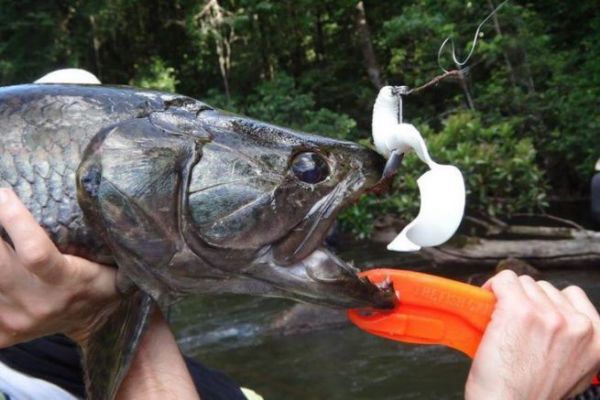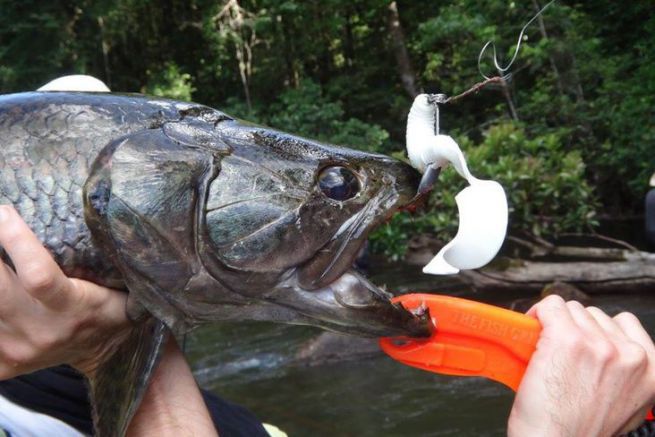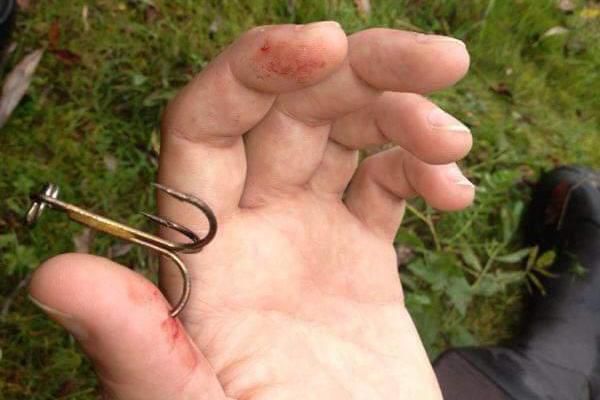At the water's edge, and in a natural environment to boot, the risks of accident are manifold. If you don't want to ruin your outing and future outings, you need to be careful and take precautions to avoid them. Sometimes, a few simple gestures and a little organization can help you avoid injuries and other complications.
Wounds and trauma
The primary source of identifiable fishing injuries is falls. While these are often simple slips resulting in superficial scratches or wounds, they can also have more serious consequences.
Indeed, a fall onto a blunt object such as a branch or barbed wire (sometimes found along river banks) can cause much deeper and more serious wounds.
Similarly, on rocks or in very steep areas (steep banks, cliffs), the risk of sprains or fractures cannot be ruled out. This is particularly true when you're wearing waders in the water, where the terrain and substrate are very difficult to read.
To avoid this type of mishap, we advise you to proceed with caution, to "read" the terrain before moving forward, and to be equipped with hiking boots or waders/boots with notched soles.
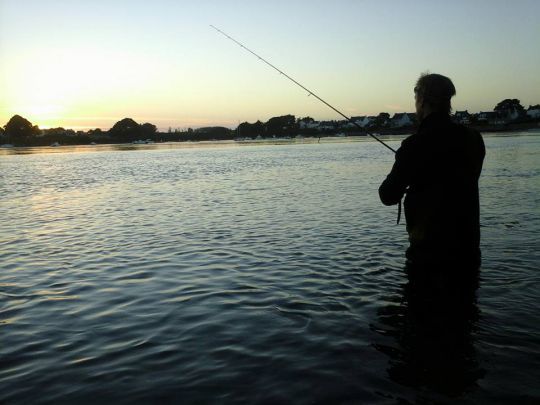
Stings, bites and diseases
On the other hand, when you're out in the weeds, for example, you may come home with ticks or come face to face with an adder. Although rarely fatal, a viper bite can cause severe pain and complications. In the event of a bite, it is advisable to put the victim to rest (preferably lying down), remove any rings, bracelets or other items that may be in the way in the event of swelling, and call the emergency services (15, 18 or 112).
Ticks, on the other hand, will jump from the grass to you, then wander over your body until they "screw" themselves in, notably in the various folds (knees, groin, etc.) to suck your blood. The first thing to do when you get home, if you realize you've got a tick, is to remove it, but above all not by pulling it out (at the risk of leaving the head in the bite), but by unscrewing it to the left using a tick-puller, and then disinfecting it thoroughly. Ticks carry a bacterium (Borrelia) and can transmit Lyme disease, which can have joint, skin and neurological consequences. Following a bite, look out for the appearance of a red spot around the bite (an erythema), and don't hesitate to seek medical advice as soon as possible.
To avoid viper and tick bites, wear long clothing (long-sleeved pants and t-shirt), and wear boots when near water.

Fish-related risks
It's also very common to injure yourself with fish spines, gills or teeth. While this often only causes a wound, it's important to disinfect them when you get home, and to make sure that the wound isn't swollen, painful or developing a fever, which can be a sign of infection.
On the other hand, some fish, such as snappers and scorpion fish, inject a venom that causes intense pain. The best way to avoid them is to know how to recognize them so you can use the right gestures when handling them, and in the event of a bite to bring a hot object (flame, cigarette, etc.) close to the bite to destroy the venom, which is thermolabile.
However, it is also possible to contract another disease, leptospirosis, from a wound caused by a (freshwater) fish, or by contact of infected water with mucous membranes. It is therefore advisable to disinfect all wounds and wash hands thoroughly after each outing.
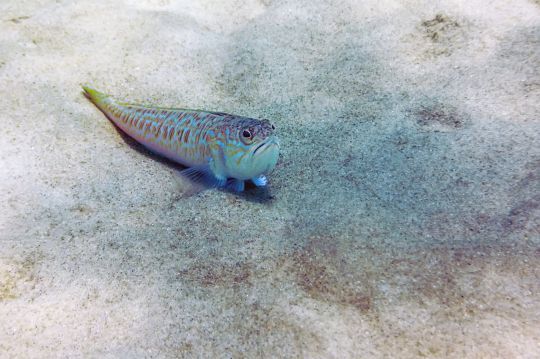
The weather: beware of sun, wind or storms
The weather is a factor in accidents (more or less serious) that we must take care of when we go out. If we naturally think of the sun, it's imperative to protect our eyes, skin and head to avoid sunstroke and sunburn. Reverberation is an aggravating factor, and I don't think any of us can boast that we've never returned from a summer outing red as a crayfish... In the long term, the risks to the skin are considerable, and this could jeopardize your next outing, especially on an exotic trip!
It's also very important to watch out for lightning in thunderstorms. As you know, our rods, which are often long, are mostly made of carbon, which conducts electricity. Alone on (or near) the water with your rod, you are an excellent lightning conductor...
As for the wind, it can sometimes pick up abruptly, making navigation and the return to land complicated and perilous. Whether you're going out by boat or float tube, it's always best to check the weather conditions before going out, and avoid taking any unnecessary risks.
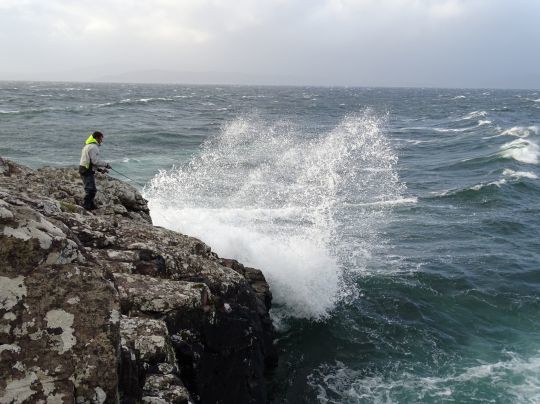
In the second part, we'll look at the other accidents that can occur during a fishing trip, and the precautions we can take to limit the risks involved.

 /
/ 